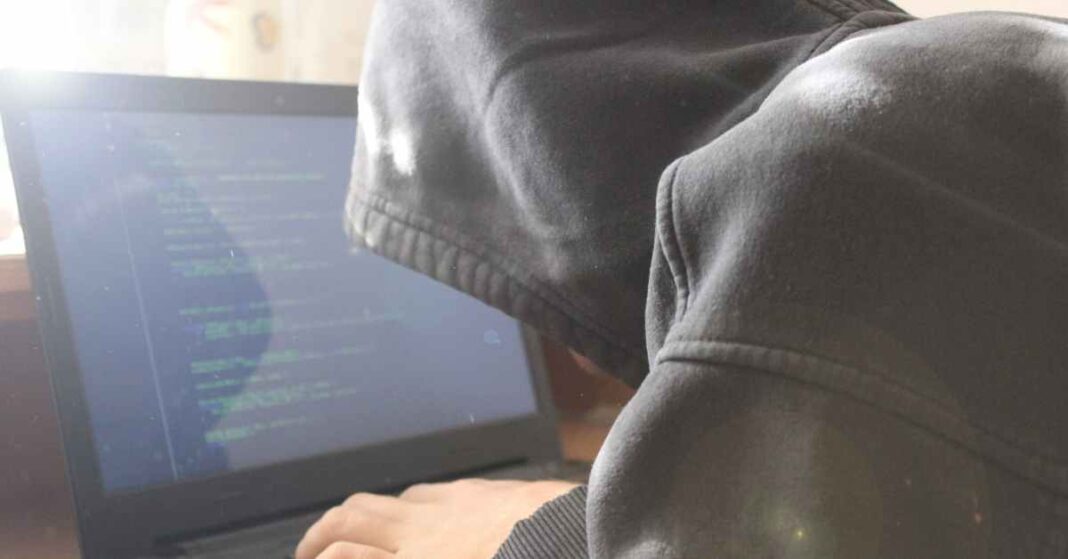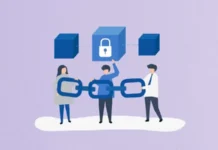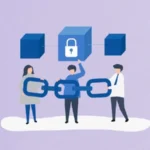How to Protect Your Data?
Although the main advice to follow so as not to be a victim of computer attacks in times of COVID-19 is, as always, to be guided by common sense. In this article, we detail some recommendations.
We recommend being especially careful with suspicious emails or attachments, especially if you don’t know the sender and are asked for a password. Also, don’t be swayed by emails asking for immediate action, for example, about the COVID-19 crisis. Take your time and examine each email thoroughly before opening it. First of all, remember not to open the attached contents of emails whose sender is unknown.
Also Read: Safety Features you Can Use on your Personal Computer
The forms of attack that cybercriminals can use are very diverse. In most cases, they mainly take advantage of ignorance to carry out their attacks on our devices using social engineering techniques. We must always be vigilant while browsing or using devices or services on the Internet.
Web scams increase the purchase of virus test kits, fraudulent pages to collect donations for research on a vaccine, etc.
Likewise, there is a large increase in false news (fake news), mainly through social networks, WhatsApp, and email.
It is estimated that 98% of attacks are due to social engineering methods. The creativity of cybercriminals continues to increase every day to access passwords and personal and banking data. Current topics are used to get users to make mistakes when opening a link or an attached message in an email.
We have experienced cases of phishing malware distribution impersonating the Chinese Ministry of Health or the World Health Organization (WHO) impersonation campaign. A donation was requested to be made in the form of Bitcoins to contribute to the investigation of a cure for COVID-19.
Awareness and caution are the best safety tips.
The best way to act is to look at everything with a magnifying glass and trust only those companies, people, or institutions of solvent credibility and national or local government agencies.
Tips For a Safe Usage of the Internet
- Analyze the downloads and devices you connect to your computers with an antivirus.
- Keep the operating system and applications properly updated.
- Periodically change passwords and do not use a single one for everything.
- Implement double factor authentication for workers who telecommute.
- Check pages and emails before giving out sensitive information.
- Improve the security of your passwords.
- Your devices are up to date.
- Stay up to date with cybersecurity news.
Protection is very important right now. Let’s avoid falling into the traps set by many malicious websites and applications.
Also Read: Virtual After Work Activities for Teams














